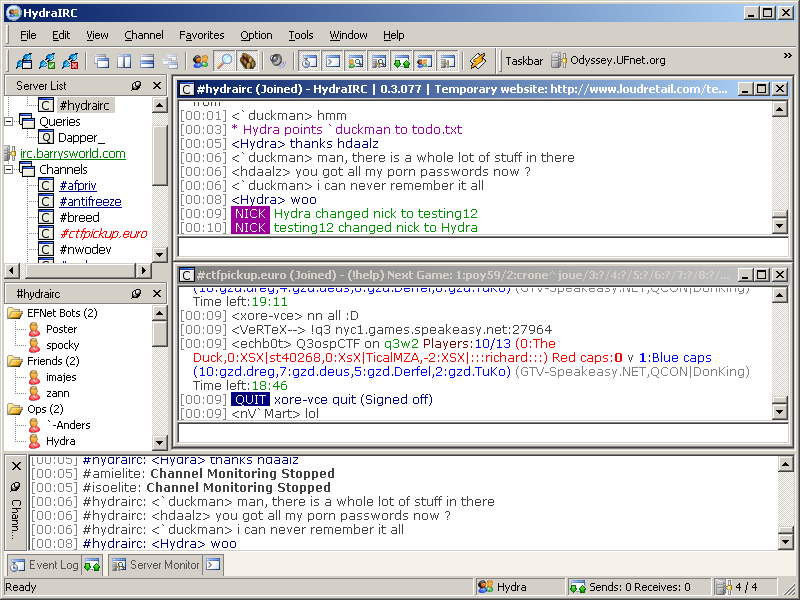Udp File Transfer Open Source

Jul 10, 2014 Download Udp File Transfer for free. Udp File Transfer. A simple command-line program to transfer files via a network and udp. Project Summary. A simple command-line program to trasfer files via a network and udp protocol. Implemented are a tcp/ip congestion system, RTT, sliding_window, crc. Look at most relevant Udp file transfer open source websites out of 456 Thousand at KeyOptimize.com. Crazybump Professional Crack. Udp file transfer open source found at filecatalyst.com, vadzi. Faster file transfer than FTP. I'm not aware of any free/open source file transfer programs that would attempt to. Consider using UDP based file transfer.

UDP, which stands for User Datagram Protocol, is a method used to transfer large files across the Internet. TCP, or Transmission Control Protocol, is the more widely known and used protocol for file transmission, however, falls short in comparison when it comes to transferring large files at fast speeds. A few scenarios where UDP is commonly preferred over TCP include: • Audio communication • Video communication • Peer-to-peer file sharing The way TCP and UDP protocols both work are that they break down a large data set (i.e. A file) into individual packets. These packets are then sent across the Internet, hopping from one node to the next until they eventually end up at their destination. Once all of the packets have arrived, the data set is reconstructed and the file is back to its original state.
In this post, we’ll go over some of the granular differences between UDP and TCP as well as a few UDP tools you can use. UDP vs TCP There are a few differences that exist between the way UDP and TCP work. These differences are important components in determining what each protocol is suitable for your use-case in terms of data transfer. A few distinctions between UDP vs TCP include: Protocol Features UDP TCP Reliability Unreliable, there is no guarantee that all packets will be received Very reliable, all data is acknowledged and tracks data transfer in order to ensure that all packets have been received Connection Connectionless, in that there is no dedicated connection required Connection-oriented, in that it requires a dedicated connection before any data can be transferred Acknowledgements Not required, this allows for faster speeds All data is acknowledged. This is required before another transfer can take place Other Protocol uses DNS, VoIP, DHCP HTTP, HTTPS, FTP Data Flow No option for flow control Provides flow control options including: sliding windows, congestion avoidance algorithms, etc Transmission Speed Very fast Fast but not as fast as UDP Overhead Very small (header is 8 bytes) Small but not as small as UDP (header is 20 bytes) In terms of reliability, UDP has its drawbacks when compared to TCP. You are essentially trading reliability for performance. However, in some cases such as audio communication, this is greatly preferred, Just think, if you were having an audio conversation with somebody online and all of the communication was slowed down because the packets were being transferred over TCP.



